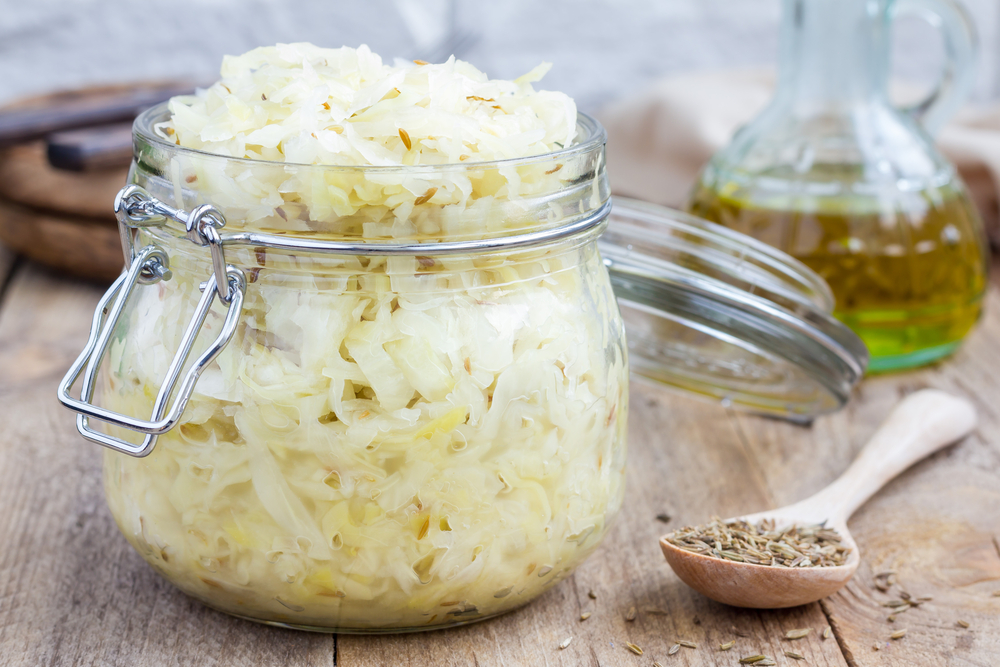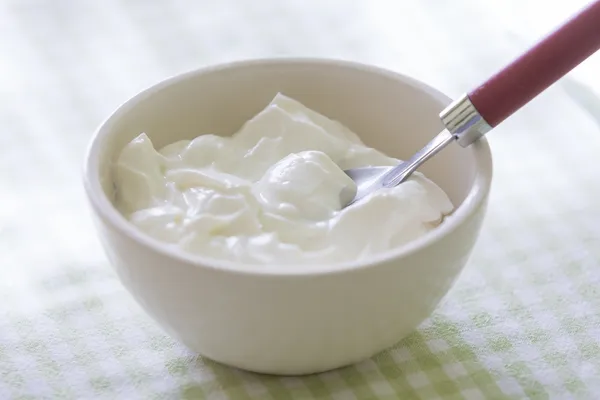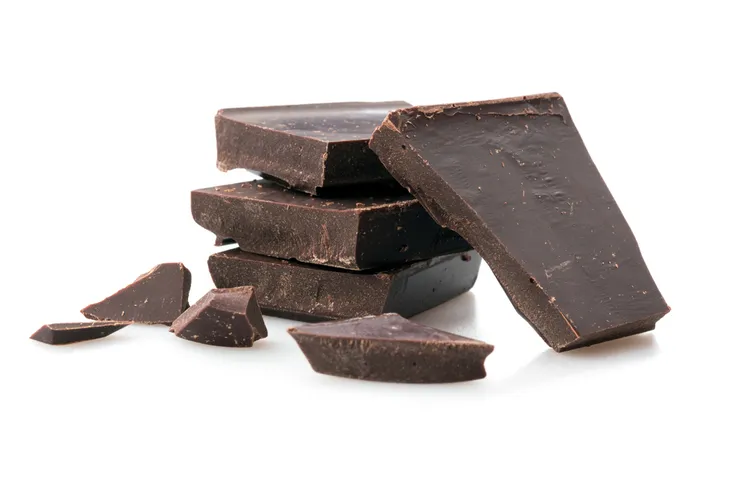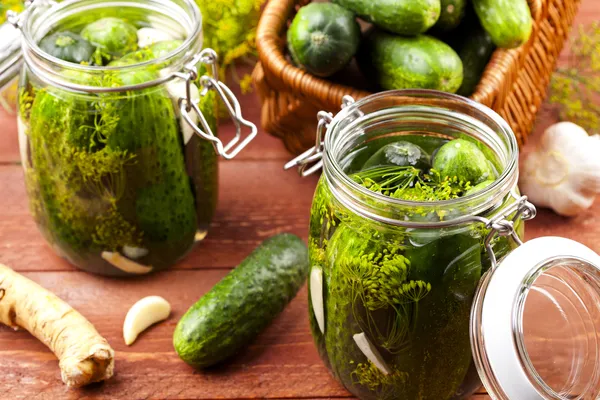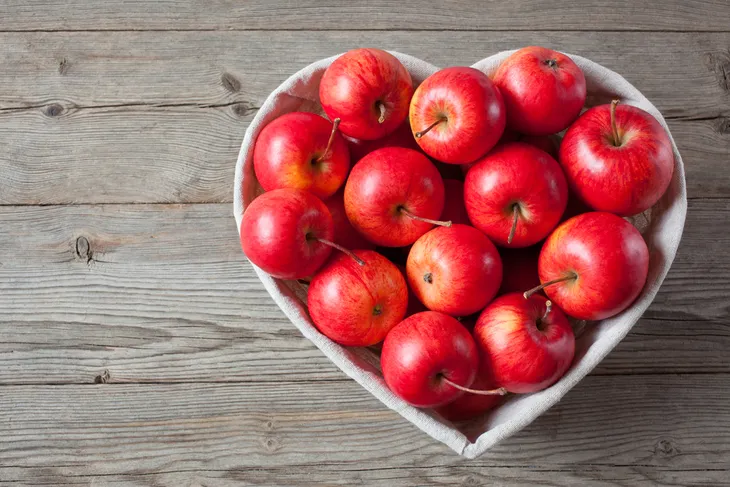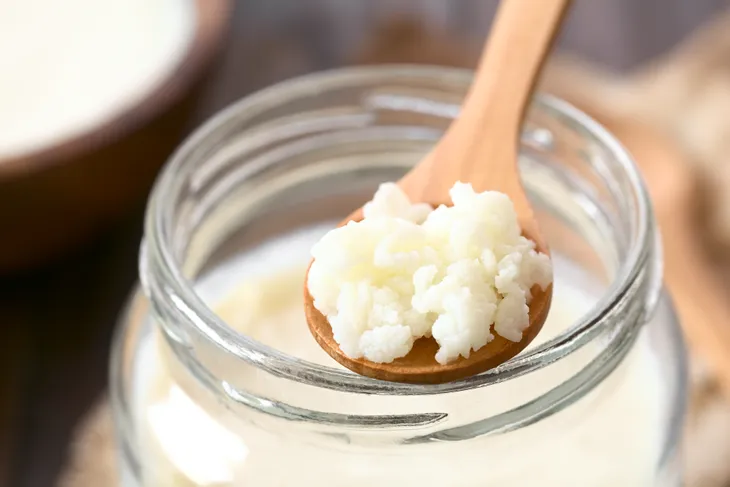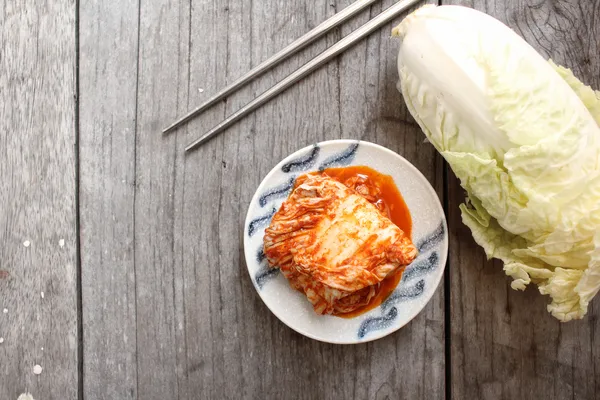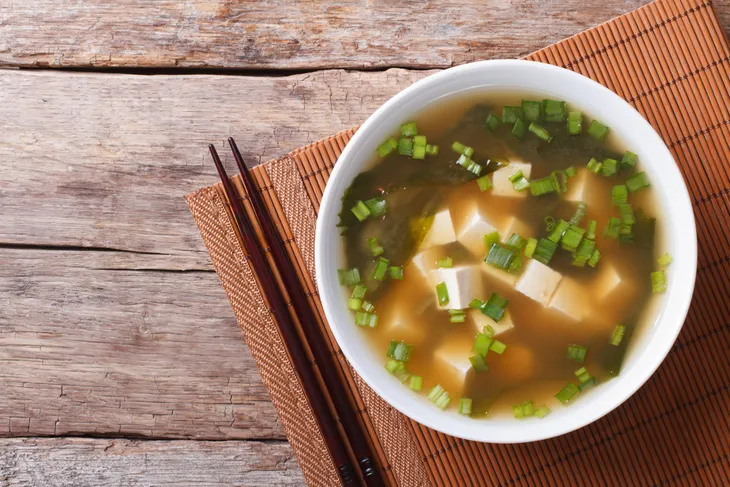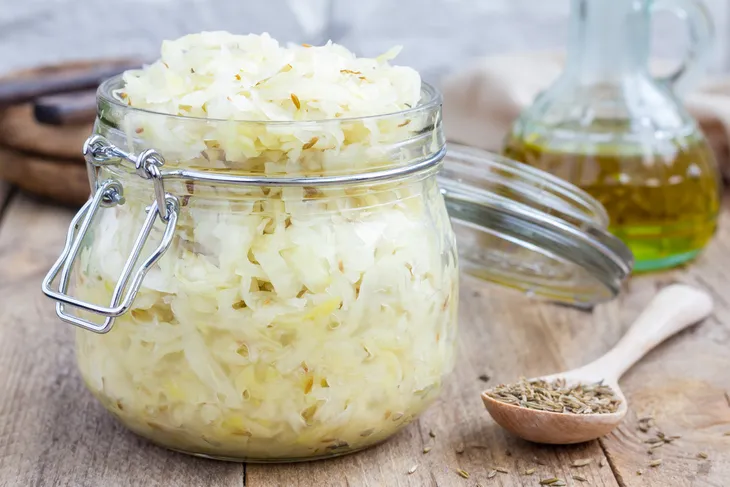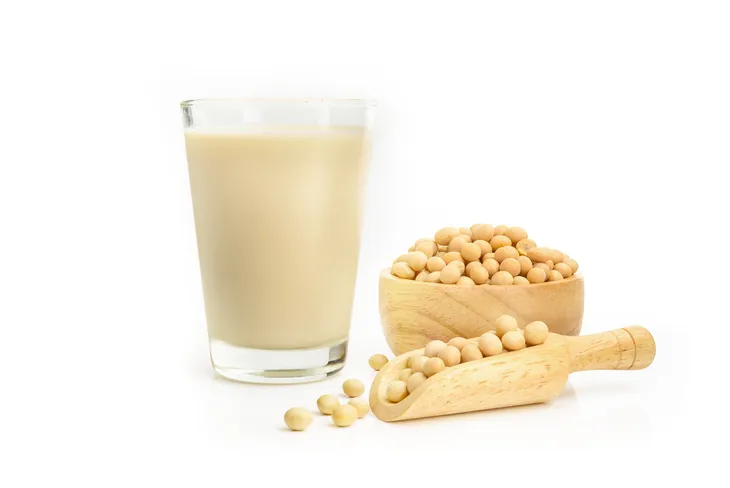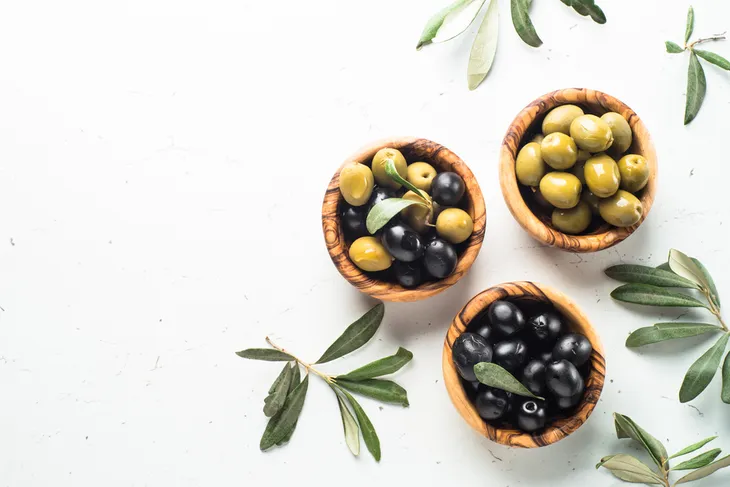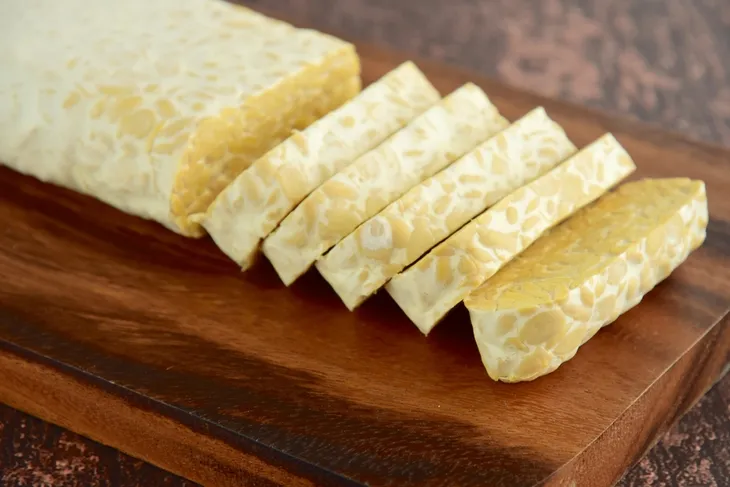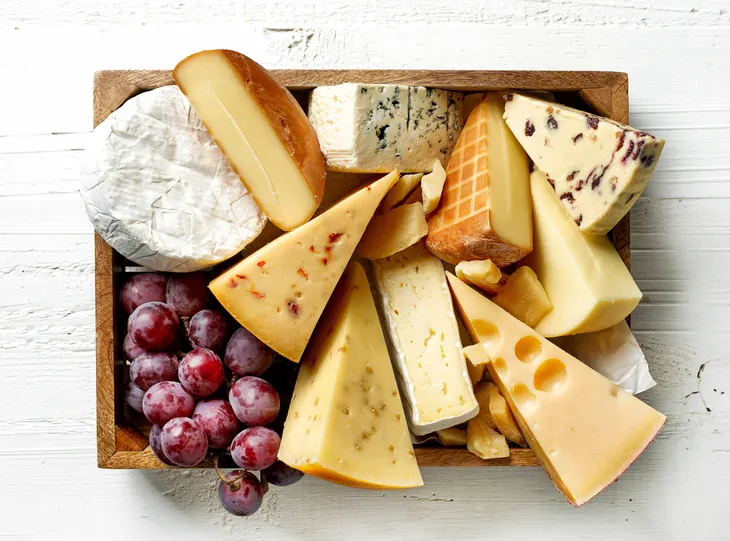Probiotics are a bacteria or yeast that reside in our body to help improve overall health, mainly the digestive system. When we think of bacteria we usually think of something yucky, but the human body is actually full of good and bad bacteria and probiotics are among the good or helpful bacteria.
So why should we eat probiotic foods? Well because a great way to boost our immune system is by eating probiotics, and since 70-percent of the immune system is in the gut, it just makes sense!
To back this up a 2014 study found evidence to support the health benefits of probiotics, including immune health. The results showed that probiotics not only help to ease the symptoms of a common cold, but can also reduce the risk of acquiring the infection in healthy individuals. With that being said, here is a long list of probiotic foods that will help strengthen your immune system…
Yogurt
Yogurt can be found on pretty much any list of immune boosting foods and that’s because it contains “live and active cultures,” that can stimulate the immune system to help fight diseases. Healthline advises opting for Greek yogurt and checking the label to make sure it contains these important cultures. The source also says to stay away from flavored yogurts because they’re usually loaded with sugar. If you find it hard to eat just plain yogurt, sweeten it yourself at home with healthy fruits.
Another added bonus? Yogurt is a great source of vitamin D. “Vitamin D helps regulate the immune system and is thought to boost our body’s natural defenses against diseases,” writes Healthline.
Dark Chocolate
As if we needed another reason to eat more chocolate! I’m sure the answer to that is no, but just in case, here’s a big one! Dark chocolate is rich in probiotics which means it’s good for the digestive system. Not only that, but it also contains antioxidants that help control the oxidation of cells and free radicals, says StyleCraze.
If you’re not convinced, check out this 2013 study published in the Frontiers in Pharmacology journal which found that cocoa has anti-inflammatory properties and “a cocoa diet could be beneficial in certain immune processes.” A cocoa diet? Sign me up!
Pickles
Pickle juice doesn’t exactly sound appealing, at least not to me, but apparently it’s got some pretty cool health benefits. One of the most important is that it’s thought to boost digestion and immune function, as well as reduce the risk of cancer and heart disease.
According to Medical News Today, all of these benefits are thanks to the probiotics and antioxidants in pickle juice. It’s important to note that “only fermented pickles contain beneficial bacteria. You would normally find fermented pickles in the refrigerated food section of the grocery store, while the unrefrigerated shelf is more likely to have vinegar-preserved pickles,” says the source.
Apples
Haven’t you ever heard that an apple a day keeps the doctor away? Turns out there’s some truth to that age old saying. The most obvious benefit of apples is their fiber content, and while researchers aren’t exactly sure whether or not apples are rich in probiotics or not, they have been shown to improve the levels of good bacteria in the body which in return is good for the immune system. “Studies show that by eating apples regularly, the ‘good’ bacteria that help in producing short chained fatty acids, provide favorable pH conditions for ensuring a beneficial balance of microorganisms,” writes StyleCraze.
Kefir
You might have heard of kefir, but still aren’t quite sure what it is. The unique name comes from the Turkish word “keif” which means ‘good feeling.’ It’s a dairy product that has been used in European and Asian countries as a medicine for centuries due to it’s rich probiotic content. “Kefir contains many compounds and nutrients, like biotin and folate, that help kick your immune system into gear and protect your cells. It has large amounts of probiotics, the special forces of the microbial world,” explains Dr. Axe.
Most importantly, kefir contains Lactobacillus Kefiri which helps defend against harmful bacteria like salmonella and E. Coli. “This bacterial strain, along with the various others handfuls, helps modulate the immune system and inhibit many predatory bacteria growth,” writes Dr. Axe.
Kimchi
Kimchi is a traditional Korean side dish that’s made from fermented vegetables. “Aside from containing probiotics, kimchi is full of ingredients that are known to stimulate healthy immune function. Similar to the benefits of cayenne pepper, red pepper powder has anti-carcinogenic and antioxidant effects. It’s even capable of helping food avoid spoiling since it contains natural antibacterial properties,” writes Dr. Axe.
Another ingredient of kimchi is cabbage which is an anti-inflammatory, antioxidant cruciferous vegetable that also contains vitamin A, C, and K. “Yet another benefit of kimchi is the prebiotic fibers found in cabbage, radishes and other ingredients that are capable of helping enhance immune function, especially in the digestive organs.”
Miso
Made up of soy, rye, beans, barely, and rice, Miso is most commonly enjoyed as a nice hot soup (but it can also be used as a condiment). This healthy probiotic is loaded with lactobacillus acidophilus, and StyleCraze points out that only one serving of Miso offers the right amount of good bacteria that will work to regulate the digestive system. According to Healthline, Miso contains nutrients that help improve the function of our immune system by keeping it strong. Probiotic-rich foods like miso “may help reduce your risk of being sick and help you recover faster from infections, such as the common cold.”
In addition to this, the same source also points out that it could help strengthen the immune system to the point that infection-fighting antibiotics aren’t needed. But it also adds, “different probiotic strains can have different effects on your health. More studies are needed using miso-specific strains before strong conclusions can be made.”
Sauerkraut
Sauerkraut is raw cabbage that has been fermented by lactic acid bacteria. “The good bacteria from sauerkraut helps to keep the lining of your digestive system healthy. A strong gut lining stops any unwanted substances or toxins from ‘leaking’ into your body and thereby causing an immune response. These same bacteria may also support your natural antibodies and reduce your risk of infections,” says BBC Good Food.
Soy Milk
While soy milk isn’t all that popular among the general public, it’s a great option for people who are lactose intolerant. It’s also a great source of probiotics which means it’s good for the gut and the immune system. “Soy milk, made from pressing soybeans, is naturally laden with probiotics. It is a complete and nutrient-dense drink. The packaged soy milk available in the markets may also have some extra live cultures added,” writes StyleCraze. “Soy milk is also rich in protein and is lactose free, making it perfect for people who are lactose intolerant.”
Olives
Olives are one of those foods that people either love or they hate. Personally, I love them! But their unique taste can turn quite a few people off. If you’re someone who doesn’t like olives it might be time to reconsider (at least during cold and flu season) because according to StyleCraze, they can be quite good for the immune system. “Olives in brine solutions are very rich in probiotics. The brine solution helps the probiotic culture to grow in the olives, which makes it a very good probiotic food,” writes StyleCraze.
Tempeh
Tempeh is extremely versatile not only in the way it can be prepared, but also how it’s used as either a substitute for meat or tofu. On top of all that, StyleCraze adds that it’s also packed with probiotics, vitamin B12, and low in sodium. “Probiotic foods go above and beyond to support the body’s immune system. Probiotics can be characterized as microorganisms and yeasts. Contrary to popular beliefs, there are two types of bacteria and tempeh is the good kind,” says Jen Reviews. “Tempeh has immunomodulatory and immune-stimulating properties for a healthy intestinal tract and digestive system.”
Cheese
A study published in FEMS Immunology & Medical Microbiology revealed that eating probiotic cheese can help enhance the immune system of the elderly and tackle age-related deterioration of the immune system which is known as immunosenescence.
“The increase in the proportion of aged individuals in modern society makes finding innovative ways to thwart the deterioration of the immune system a priority,” says lead author Dr. Fandi Ibrahim from University of Turku in Finland. “The intake of probiotic bacteria has been reported to enhance the immune response through other products and now we have discovered that cheese can be a carrier of the same bacteria.”
